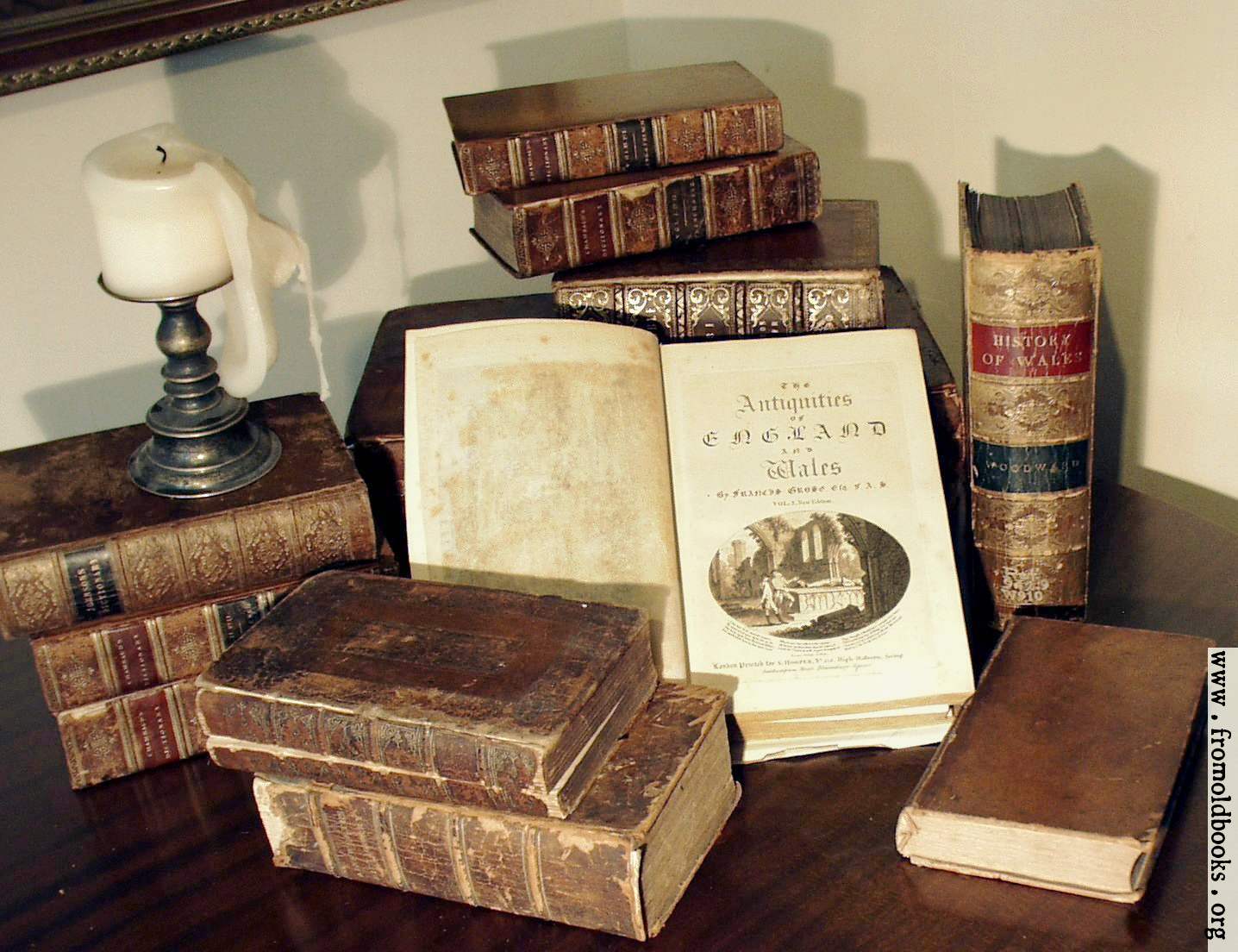
If you'd perfer not to electronically discuss the potentially negative effects of electronic relationships, come up here. Tell me what works of literature you understand as essential to a complete, classically liberal education. If you were in charge of the education of a high school student, what would you be sure to assign?
Feel free to move beyond literature as such- there may be entire genres of education that you see as neglected, and this is the place to complain about it.
Appropos of nothing, Christianity Today has an article critical of Hannah Arendt.
3 comments:
I read Dostoevsky's Crime and Punishment as a senior in high school, and, given the right translation, that would be very high on my list; given a bit of time, I might be able to reconstruct my high school reading list (which in general I thought was pretty good), but I think the books tend to be memorable for the wrong reasons (case in point: Faulkner's As I Lay Dying has a chapter in it which reads, in its entirety: "My mother is a fish." I can't tell you much else about that book.) I don't think I had a real appreciation of Shakespeare until I was older, but being exposed to, for instance, MacBeth and Hamlet gave me a good foundation. I think that basic problem is stopping me here: I can think of books that I read and appreciated as a high school student, and I can think of books that I've read since, but I'm not sure that they would have had the same impact if I had read them then. I have the tendency--although I'm aware of it, and try to fight it--to dismiss certain books by saying, "Oh, I read that in high school," as if that meant it wasn't real literature. And because of that, I haven't gone back to books that I would probably really appreciate now in a way that I didn't at 15.
I consider myself reasonably well-read, but I haven't read either Three Kingdoms or Njal's Saga, and only read The Brothers Karamozov in the past few years. I think (some) high school students would enjoy Kafka and Hesse, and I was deeply impressed by John Barth's Lost in the Funhouse as a freshman in college. On the other hand, Stendhal's Red and Black left me cold even in college; it was only in rereading it later that I could appreciate it, and now I would say it's a much more significant work than John Barth's. I suspect that going through the list of things I've read in college and since graduating would provoke a similar response.
I think this is a very long way of saying, I need to think more about this subject, and am interested in hearing what others think. Back to you.
Huh- that's a huge blind spot in my post. All of my thoughts on teaching literature are focused on high school, probably because that's all I've ever done, but education certainly doesn't stop there.
Three Kingdoms and Njal's Saga are of a category of books that Kim and I focused on last year. (She didn't read Njal's Saga, but I'm thinking of buying it for her birthday... on Amazon.com, probably) I'm probably generalizing too much of what I thought was appropriate for her; we spent tons of time on world literature and mythology because it fit in to the expansive way that she wanted to learn to hold her faith.
So I'm not sure, I guess, that I'd necessarially want a child to read Njal's Saga, any more than I'd necessarially want them to read King Lear. On the other hand, I'd feel like I hadn't done my job as a teacher if the child had no familiarity with Nordic sagas, just like I'd feel like I hadn't done my job if the child didn't know any Shakespeare.
And there I am, talking about the student as a child. My context is so shaped by homeschool that I have no idea how applicable any of this is to a larger educational arena.
Hopefully there isn't a huge difference between homeschooling and a public school, except that the homeschooled student/child gets individualized attention and material that is appropriate for his or her interests and abilities, while at the same time being challenged. The pitfall I see is parochialism, but that happens in public schools as well: the teacher always needs to be continually expanding her or his knowledge of what's "out there." That's different for each individual, and it's always a challenge to find out what you don't know. I might know Eco, Murakami, and Kundera, but I haven't read anything by--to take a not-so-random example--Annie Dillard (I'll stop there in listing what I haven't read, always the much larger category). What else am I missing that I would really enjoy? And more importantly, what am I missing that would enrich those I teach?
Post a Comment